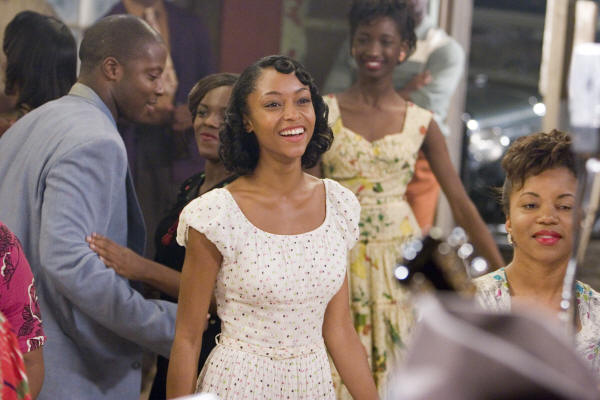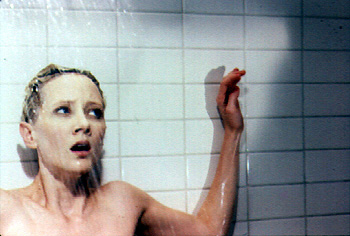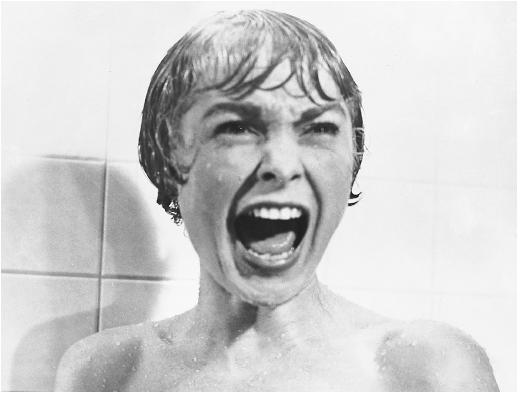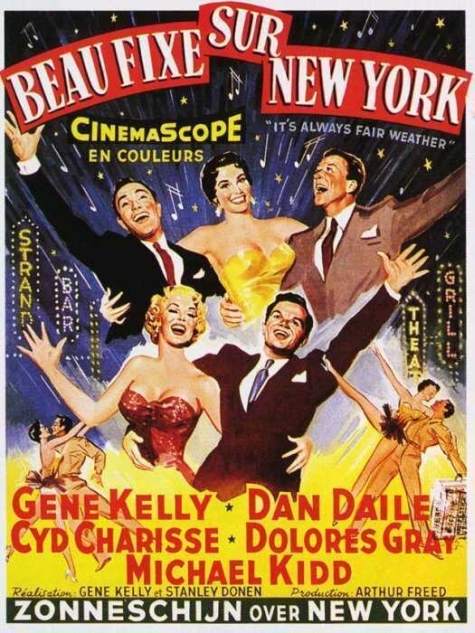From the January 17, 2008 Chicago Reader. — J.R.

HONEYDRIPPER ***
DIRECTED AND WRITTEN BY JOHN SAYLES
It may seem like dirty pool to begin a discussion of one of my favorite John Sayles movies by zeroing in on its weak points. But writing about Honeydripper recently in the New Yorker, David Denby noted that “moviemaking seems to have become almost magically easy for this independent writer-director,” and that’s absurd, since Sayles himself wrote in the introduction to his story collection Dillinger in Hollywood that “getting a movie made resembles the passage of a bill through Congress.”
Denby concedes that Sayles’s virtuosity as a writer-director “is rhetorical rather than visual.” And Sayles himself says that when he gets a story idea that “seems best expressed in fiction, I feel it in words, not pictures.”
The brief flashback in the middle of Honeydripper’s climactic sequence is a good indication of how labored Sayles’s treatment of images continues to be. The flashback — it comes when Tyrone “Pine Top” Purvis (Danny Glover) is about to break up a fight between a couple of angry customers in his Honeydripper Lounge — isn’t just clunky as visual storytelling and phony in its florid, bloody action and garish setting, it’s seriously underimagined. Read more
There are few films of the past decade that have irritated me quite as much as Van Sant’s idiotic remake of Psycho, and in some ways I was irritated even more by the rationalizations some cinephiles came up with in their tortured efforts to justify it. I tried my best to behave like a gentleman towards Lisa Alspector, the Reader film reviewer whose capsule sparked my longer review in the December 25, 1998 issue, but I don’t know whether or not I succeeded. — J.R.


Psycho
Rating — Worthless
Directed by Gus Van Sant
Written by Joseph Stefano
With Vince Vaughn, Anne Heche, Julianne Moore, Viggo Mortensen, William H. Macy, Robert Forster, Philip Baker Hall, Ann Haney, and Chad Everett.
Psycho has never been one of my favorite Alfred Hitchcock pictures. The first time I saw it, during its initial release in 1960, I’d already read the Robert Bloch novel it’s based on, a fairly routine horror thriller, so the surprise ending was anything but surprising. I saw the movie back-to-back with Let’s Make Love, which I liked a lot more. Yves Montand spoke English awkwardly, but Marilyn Monroe was irresistible — for practically the only time in her late career, she played a character who was smart and feisty. Read more

IT’S ALWAYS FAIR WEATHER, directed by Stanley Donen and Gene Kelly, written by Betty Comden and Adolph Green, with Kelly, Cyd Charisse, Dan Dailey, Michael Kidd, and Dolores Gray.
Has there ever been a more deceptive title and ad for a movie than this Belgian poster for the depressive 1955 musical IT’S ALWAYS FAIR WEATHER? Not that the original title or the strained happy ending are exactly apt either. [I resaw this movie yesterday, on my last day at Il Cinema Ritrovato, and might have written about this sooner -– i.e., before I returned to Chicago -– if I’d been able to figure out a way to paste in photos on my laptop.] But in fact it expresses more negative feelings about American culture at mid-century than anything by Frank Tashlin. Tashlin, after all, always seems to love his characters, but what mainly typifies the satirical feelings here about television, advertising, and other forms of corruption are disgust, disillusionment, self-hatred, and anger. It seems characteristic that Kelly and Charisse, the romantic leads, never even get to dance together, and that Dolores Gray’s climactic number, “Thanks a Lot, but No Thanks” (see still), registers as a conscious ripoff of Monroe’s glacially bitter “Diamonds Are a Girl’s Best Friend” in Gentlemen Prefer Blondes. Read more




